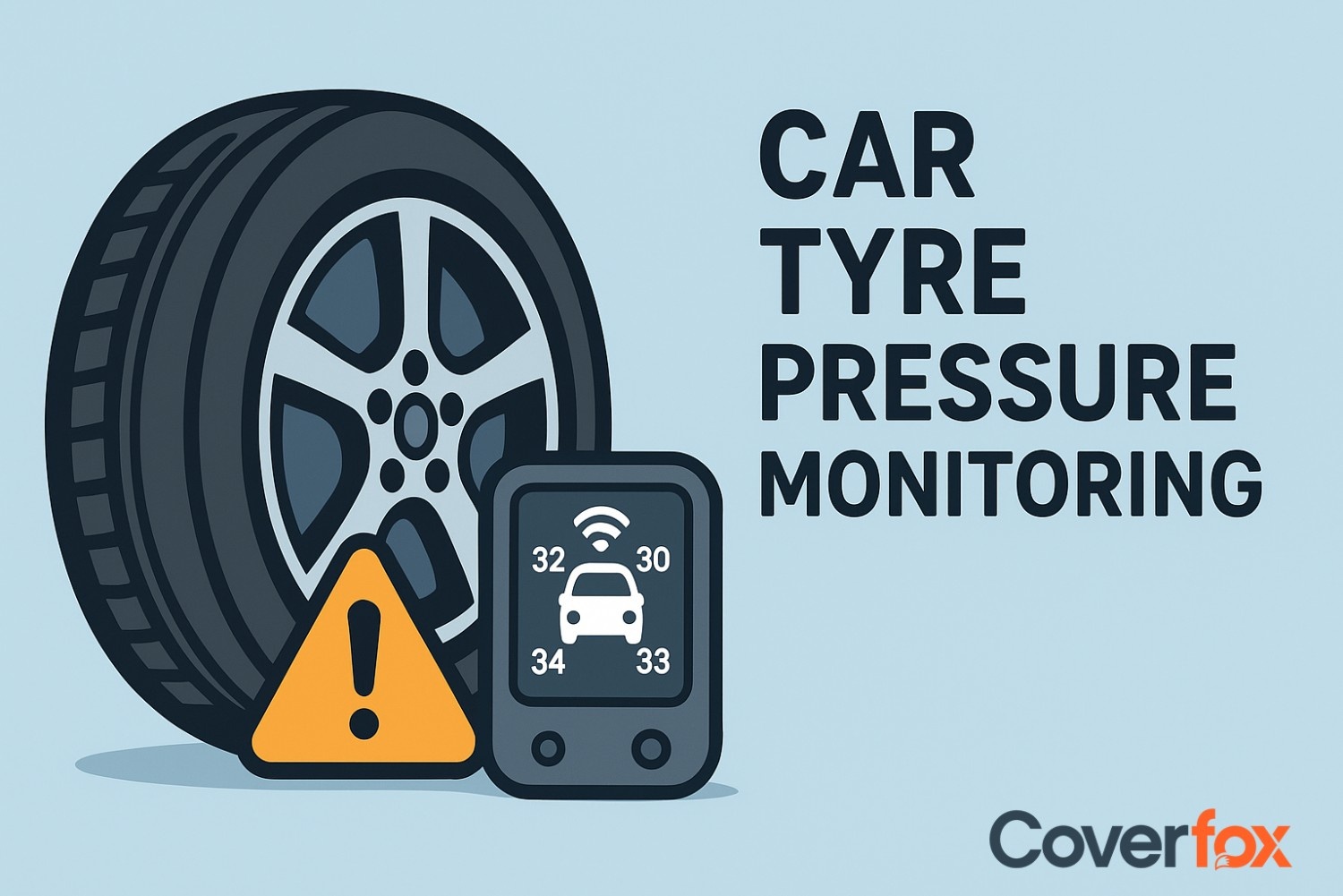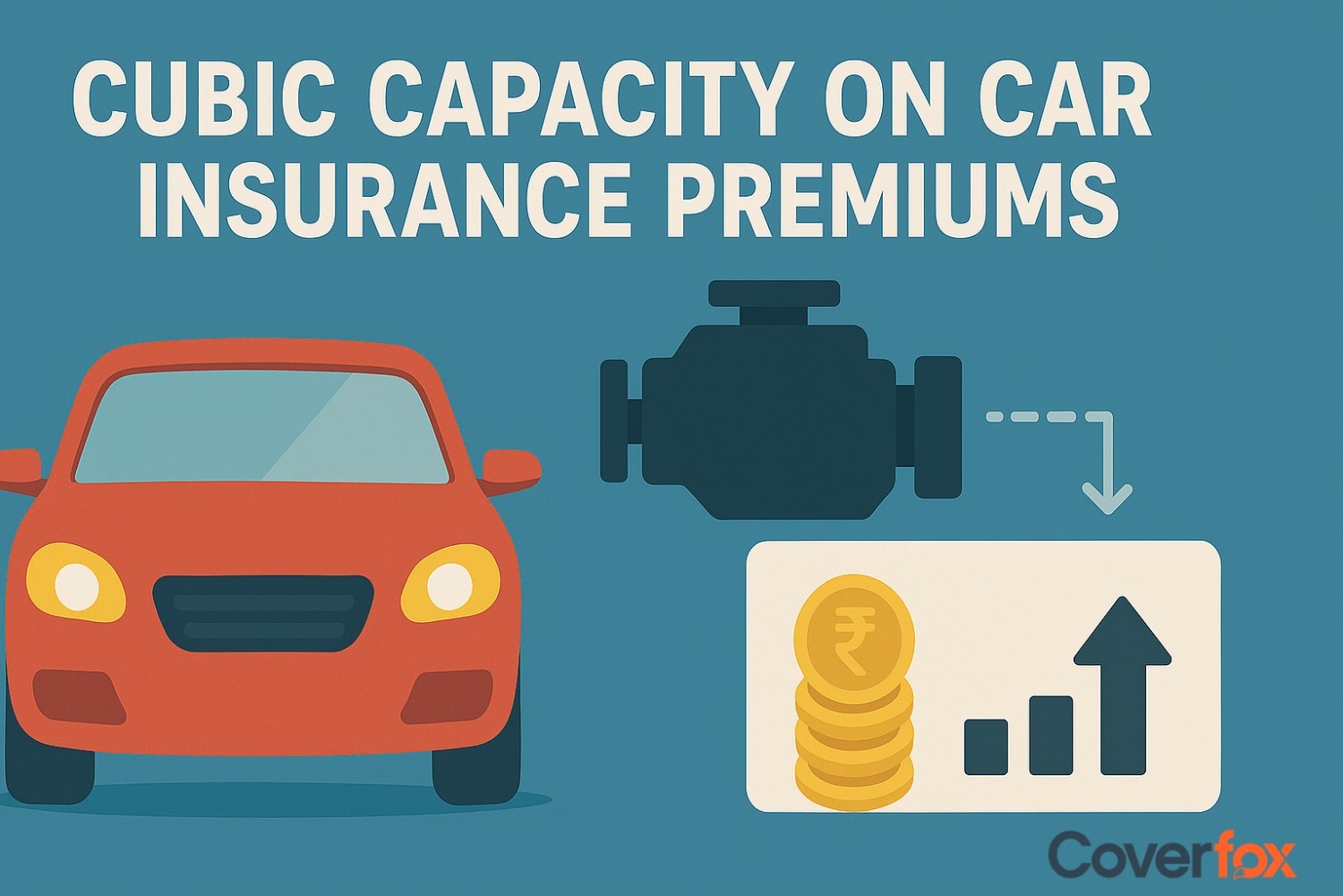Choosing between term insurance and life insurance can seem like a daunting task. Both offer financial protection for your family, but they cater to different financial goals and life stages.

Understanding the difference between these two can help you make a sound decision based on your needs, affordability, and future aspirations.
In this comprehensive guide, we will compare the key aspects of term insurance and life insurance, explain who should opt for each type, and help you make an informed choice that best suits your financial objectives.
What Is Term Insurance?
Term insurance is a pure life insurance policy designed to provide financial protection for a specific period, or "term." It is the simplest and most affordable form of life insurance. In case of the policyholder’s death during the term, the insurer pays out a death benefit to the nominated beneficiaries. If the policyholder survives the term, no payout is made, unless the policy includes a return of premium option.
Key Features of Term Insurance:
Pure Protection: Term insurance is designed purely for life cover. There are no maturity or survival benefits unless a rider is added.
Low Premiums: Because term insurance only provides life cover without any savings or investment component, premiums are lower compared to life insurance.
High Coverage: Term insurance allows policyholders to get high coverage at affordable rates, making it ideal for those seeking financial protection for their dependents.
Example Scenario: Let's say a 35-year-old individual purchases a term insurance policy with a sum assured of ₹1 crore for a term of 20 years. If the individual passes away during this period, the nominee receives ₹1 crore. If the individual survives the term, there is no payout.
What Is Life Insurance?
Life insurance, which includes whole life insurance and endowment policies, provides life cover for the entire lifespan or for a specific period. Unlike term insurance, it combines protection and savings. Life insurance pays out a death benefit if the policyholder passes away during the term and also offers a maturity benefit if they survive the policy period.
Key Features of Life Insurance:
Lifetime Coverage: Life insurance policies offer coverage for the policyholder's entire life or up to a specified age (usually 100 years).
Savings Component: Life insurance acts as both a protection tool and a savings or investment plan, allowing the policyholder to accumulate wealth over time.
Higher Premiums: Due to the savings element and lifelong coverage, life insurance premiums are higher compared to term insurance.
Example Scenario: If a 40-year-old individual buys a life insurance policy with a sum assured of ₹1 crore and a maturity benefit of ₹20 lakhs, the policyholder's family will receive the sum assured if the individual passes away during the policy term. If they survive, they will receive the maturity benefit at the end of the policy term.
Comparison Table: Term Insurance vs Life Insurance
| Aspect | Term Insurance | Life Insurance |
|---|---|---|
| Coverage | Fixed period (e.g., 10, 20, 30 years) | Whole life or specific tenure |
| Premium | Lower due to pure protection | Higher due to savings and protection |
| Death Benefits | Paid if the policyholder dies during the term | Paid upon the policyholder's death |
| Maturity Benefits | No (unless a return of premium rider is added) | Yes, in most policies |
| Investment Component | No | Yes, with savings or investment returns |
| Customization | Customizable with add-ons | Customizable with savings and riders |
Additional Factors to Consider Before Choosing a Policy
1. Affordability
- If you are young and just starting your financial journey, term insurance offers the flexibility of affordable premiums with high coverage. It ensures that your family is financially protected without placing a heavy burden on your current budget. On the other hand, if you have established income and can afford higher premiums, life insurance may provide you with dual benefits of protection and wealth creation.
2. Financial Goals
- If your sole purpose is to protect your family in case of an untimely death, term insurance is the right choice. However, if you're also thinking about long-term savings and leaving behind a financial legacy, life insurance fits the bill. For instance, those planning to save for retirement, children's education, or purchasing a home may find life insurance more beneficial due to its savings component.
3. Stage of Life
- Young professionals, especially those with dependent parents or young children, may prioritize term insurance for high protection at a low cost. As you progress in life and accumulate assets, you might shift towards life insurance to benefit from lifelong protection and wealth accumulation.
4. Policy Riders
- Both types of policies allow for riders or add-ons like critical illness cover, waiver of premium, or accidental death benefits. These riders can enhance your coverage and ensure more comprehensive protection. For example, adding a critical illness rider to your policy can provide financial assistance if you are diagnosed with a severe illness like cancer or heart disease.
5. Tax Benefits
- Both term insurance and life insurance qualify for tax deductions under Section 80C of the Income Tax Act. In addition, life insurance policies may offer further tax exemptions under Section 10(10D) for the death or maturity benefits.
Why Opt for a Term Plan with Return of Premium?
While term insurance generally does not offer maturity benefits, some insurers provide a "Return of Premium" option. This feature ensures that if the policyholder survives the term, the premiums paid over the years are returned in full. This can be appealing to those who want some financial return but still prioritize affordable premiums.
How to Decide Which One to Choose?
1. For Pure Protection
If you're looking for cost-effective coverage, term insurance is an ideal choice. It focuses on providing financial protection to your loved ones if you pass away during the policy term. It's great for young earners or those with limited financial responsibilities who are primarily focused on ensuring their family has adequate support in their absence.
2. For Long-Term Investment & Protection
If your aim is not only life cover but also building wealth over time, life insurance should be your choice. It acts as a long-term savings plan while providing life coverage, making it suitable for individuals seeking to create a financial cushion for the future.
Conclusion
The choice between term insurance and life insurance is deeply personal and depends on your financial situation, goals, and preferences. If you're seeking affordable coverage for a specific period, term insurance is the best option. However, if you're looking for lifelong coverage with an additional savings or investment component, life insurance could be the right fit.
Before making a decision, it’s crucial to evaluate your current financial standing, future goals, and family responsibilities. Consider speaking to an insurance advisor or using online tools to compare policies and find the one that offers the best balance between affordability and coverage.
Q). Can I have both term and life insurance?
Ans: Yes, you can have both term insurance and life insurance policies simultaneously. Many people opt for term insurance to secure high coverage at an affordable price and use life insurance for savings and long-term goals.
Q). Is life insurance better than term insurance?
Ans: Neither policy is inherently "better" than the other. It depends on your financial situation and goals. Term insurance is better for those seeking affordable coverage, while life insurance is better for those who want both protection and savings.
Q). What happens if I outlive my term insurance policy?
Ans: If you outlive your term insurance policy, the coverage ends, and no payout is made. However, with a return of premium rider, the premiums paid over the years are returned to you.
Q). What is the difference in premiums between term insurance and life insurance?
Ans: The premiums for term insurance are significantly lower than for life insurance due to the absence of savings or investment components. Life insurance premiums are higher because they provide a dual benefit of savings and protection.
Q). Is term insurance better for young individuals?
Ans: Yes, term insurance is ideal for young individuals who are looking for high coverage at a low cost, especially those with fewer financial responsibilities but who want to ensure their family's financial security in case of an untimely death.





